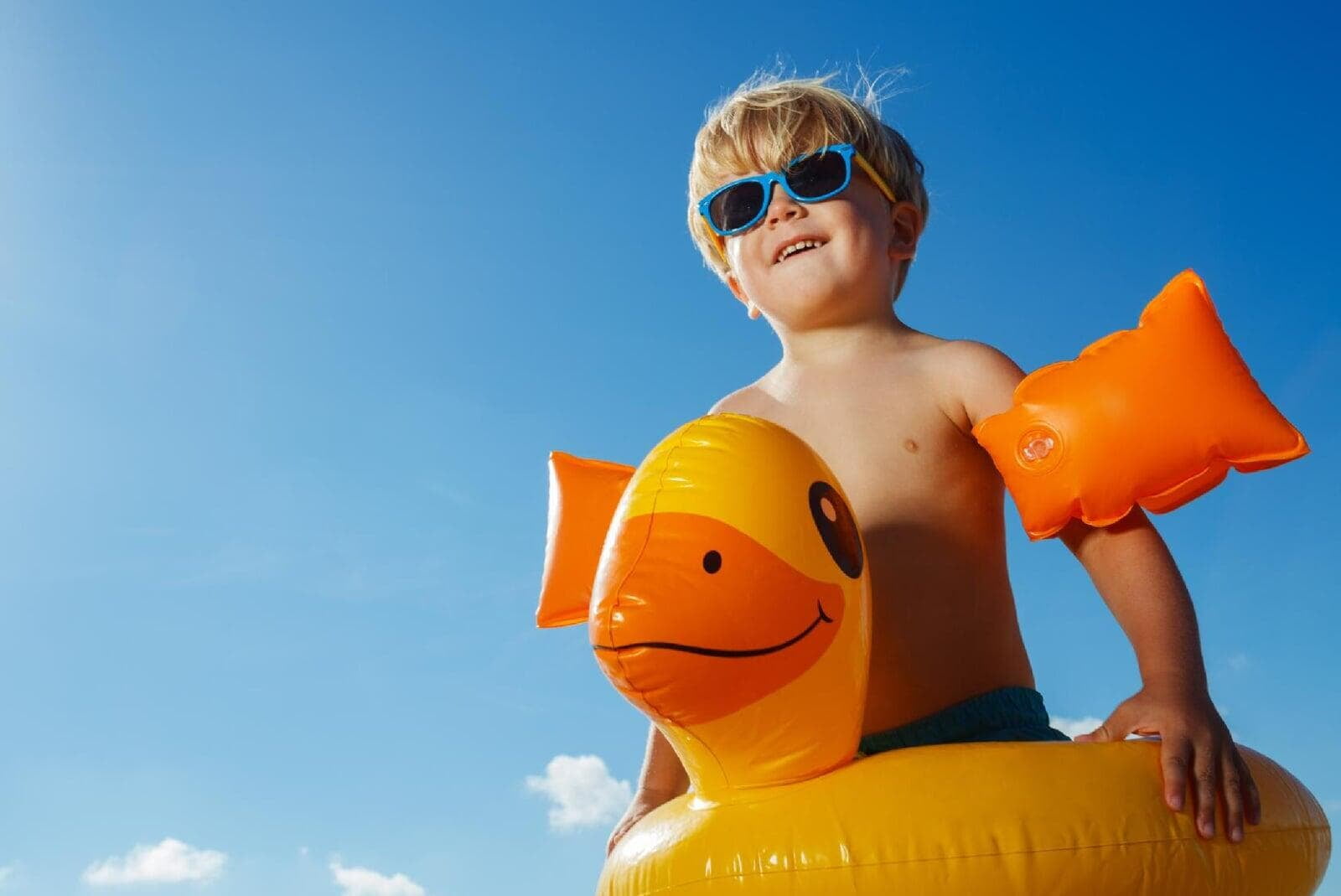
By: Cristina Martínez
M.B.A, M.S, BCBA, LBA
Coauthor: Ariadna Martin,
MS
Summer time
It's summer time and also time to travel, enjoy, and have fun with our kids. Finding vacation spots that suit everyone can be challenging in all circumstances, and it may be thought that the task is even more complex for families with neurodivergent members. However, from the perspective of many families, vacationing with autistic (or neurodivergent) children can be a rewarding experience with the right preparation and planning. Perhaps the key is to not stick to a typical vacation pattern, and instead, embrace the unique needs during the planning process, allowing for flexibility and new experiences.
We have proposed some tips that can be used to help families to organize their summer plans, without expecting everyone to strictly adhere to it. It is always important to keep in mind that each child and family is happily unique, and that success lies in adjusting all recommendations to each particular situation:
Before the Trip:
Research Destinations: Choose a destination that is, for example, autism-friendly. Some places offer sensory-friendly attractions and accommodations that are tailored for our kiddos.
Prepare Your Child: You may use social stories or visual schedules to help your child understand what to expect. Show them pictures of the destination and talk about the activities you'll be doing.
Prepare family members: Help family members who will share the experience to understand your child´s particularities, especially if they are also young, to foster understanding, empathy, and effective communication skills.
Plan for Sensory Needs: Be aware of your child's sensory sensitivities. Bring items that comfort them, such as noise-canceling headphones, favorite toys, or fidget tools. Give her/him opportunities to participate in the organization and selection of these objects.
Consider places that provide aquatic activities: Swimming or beach activities can be incredibly beneficial and enjoyable for our children, providing sensory stimulation, physical exercise, and opportunities for social interaction.
During Travel:
- Arrive Early: Arrive early at airports, train stations, or other departure points to avoid the stress of rushing. If possible, consider using your own transportation.
- Comfort Items and distractions: Keep comfort items and snacks accessible during travel. Familiar items can help soothe your child.
At the Destination:
Routine: Try to maintain a routine similar to what your child is used to at home. This can help reduce anxiety and stress.
Quiet Spaces: Identify quiet areas where your child can take a break if they feel overwhelmed.
Communicate Needs: Inform staff at attractions and accommodations about your child’s needs. Many places are willing to accommodate special requests.
Pacing: Don’t over-schedule your days.
Stay attentive: Keep an eye on your child during interactions and activities, this can help ensure her/his safety and comfort.
Fortunately, there are currently many autism-friendly cities, hotels, parks, and restaurants, which includes the preparation of personnel in the different areas to contribute to the well-being of many different families. Embracing new travel styles could guarantee some well-deserved rest for parents and caregivers, while opening the door to new adventures they might not have otherwise considered.


